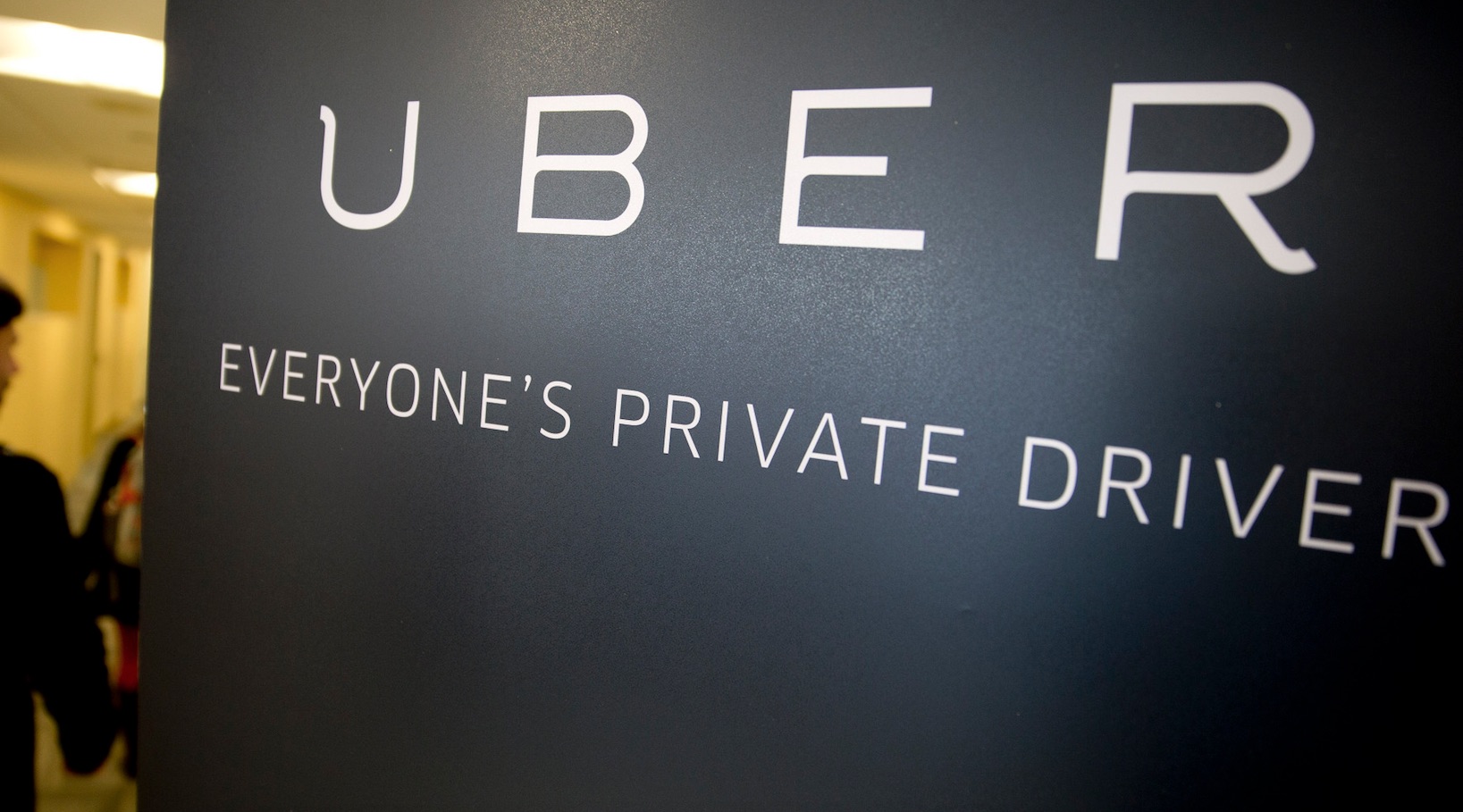Uber Changing Transportation In Africa
Uber began exploring the African continent five years ago when it launched in Johannesburg, South Africa. Shortly after, the ride-sharing app caught on in other African countries, disrupting the continent’s crumbling transportation market.
But even as African governments, as well as taxi drivers, begin to target users of the San Francisco-based app, sometimes over the technology’s data collection, as is the case in Egypt, the technology has proven truly freeing in regions such as sub-Saharan Africa, where 1.3 million people use the app regularly.
Beyond expanding and giving people in different parts of the continent where economic prospects aren’t as rosy a robust incentive to keep on driving, Uber is now even defending the rights of those who want to be drivers but who don’t have the money to get expensive driving permits.
That’s the case in South Africa, where the South African Transport Ministry is looking into new regulations that would require Uber drivers to be licensed. According to the tech firm, local authorities are inefficient and the added delays tied to the permit-issuing process would lengthen the period it takes for a driver to be able to provide Uber rides.
“The permit-issuing systems and processes of many of South Africa’s major municipalities are flawed and this has resulted in massive application backlogs and delays of up to 18 months,” Uber explained.
Even the 12,000 existing Uber drivers would be impacted, as they would be kept from their bread-winning activities because of the delays.
Uber Enters Yet Another African Market
Despite its constant fight with regulators and no matter where it goes, the ride-sharing technology has recently expressed interest in spreading to yet another country: Rwanda.
Rwanda Utilities Regulatory Agency (RURA)’s head of transport, Eng. Emmanuel Asaba told reporters that the company reached out, but wouldn’t offer any further details as to when the firm would start operating.
Regardless, it’s clear that there is a demand, as Rwandans appear optimistic that the service will spread to their country soon.
Karen Uwera, a Rwandan entrepreneur, told reporters she has been wishing for an Uber revolution for quite some time.
“I have wished for an Uber several times; we have cabs that are too costly yet not enough compared to demand,” she said.
Her sentiment is shared by many, as the quality of transportation in the country is lacking. Even Rwandan regulators admitted that with Uber services being offered in the country, the growing demand for affordable riding services would force other transportation providers to sharpen their act. Only through competition, after all, could the overall quality of service improve.
“We know their essence and know that we need [the ride-sharing apps],” Asaba said.
Locally, there is another ride-sharing app known as Taxi Rwa that has become popular, but other companies have also initiated their licensing process to provide ride-sharing services. Asaba believes that with Uber, these and other companies will proliferate, boosting the economy and helping customers get around.
Creating Opportunity Out Of Genuine Necessities
The beautiful thing about ride-sharing apps is that it provides an answer to two demands, one related to transportation needs of people from middle- and lower-income brackets, and another related to the driver’s needs.
In an interview with Quartz, Uber’s general manager for sub-Saharan Africa Alon Lits alluded to this quality.
“Unfortunately, we know that unemployment is a reality in South Africa, Kenya, and a lot of the cities and countries where we operate,” Lits said. “I strongly believe that Uber creates stronger and meaningful economic opportunities for our driver partners.”
More importantly, Lits added, is that in places like South Africa, drivers were having a hard time having access to capital because they often rely on partnerships to work with Uber, and end up sharing the money they make off the rides.
When they go to a bank to ask for a loan to purchase a vehicle so they can become independent, their statements may not provide enough of an incentive for the bank to take a bet on them. In order to change this picture, Uber started to personally work with financial institutions by asking them to consider granting driver’s loans by looking at their track record using the Uber app as well as their earnings history, not what makes into their bank account.
So far, Lits said, Uber has created partnerships with WestBank, Barclays, and Stanbic Bank in Nairobi.
As you can see, Uber has helped to respond to real demands of real people, whether they are drivers or customers, helping to launch an economic revolution locally that is now expanding across the African continent. And what’s even more encouraging is to think that none of this would have happened if governments had completely barred Uber and other ride-sharing apps.
Uber’s expansion across the African continent will serve as an example to leaders of other markets trying to better serve their customers in Africa and beyond.












